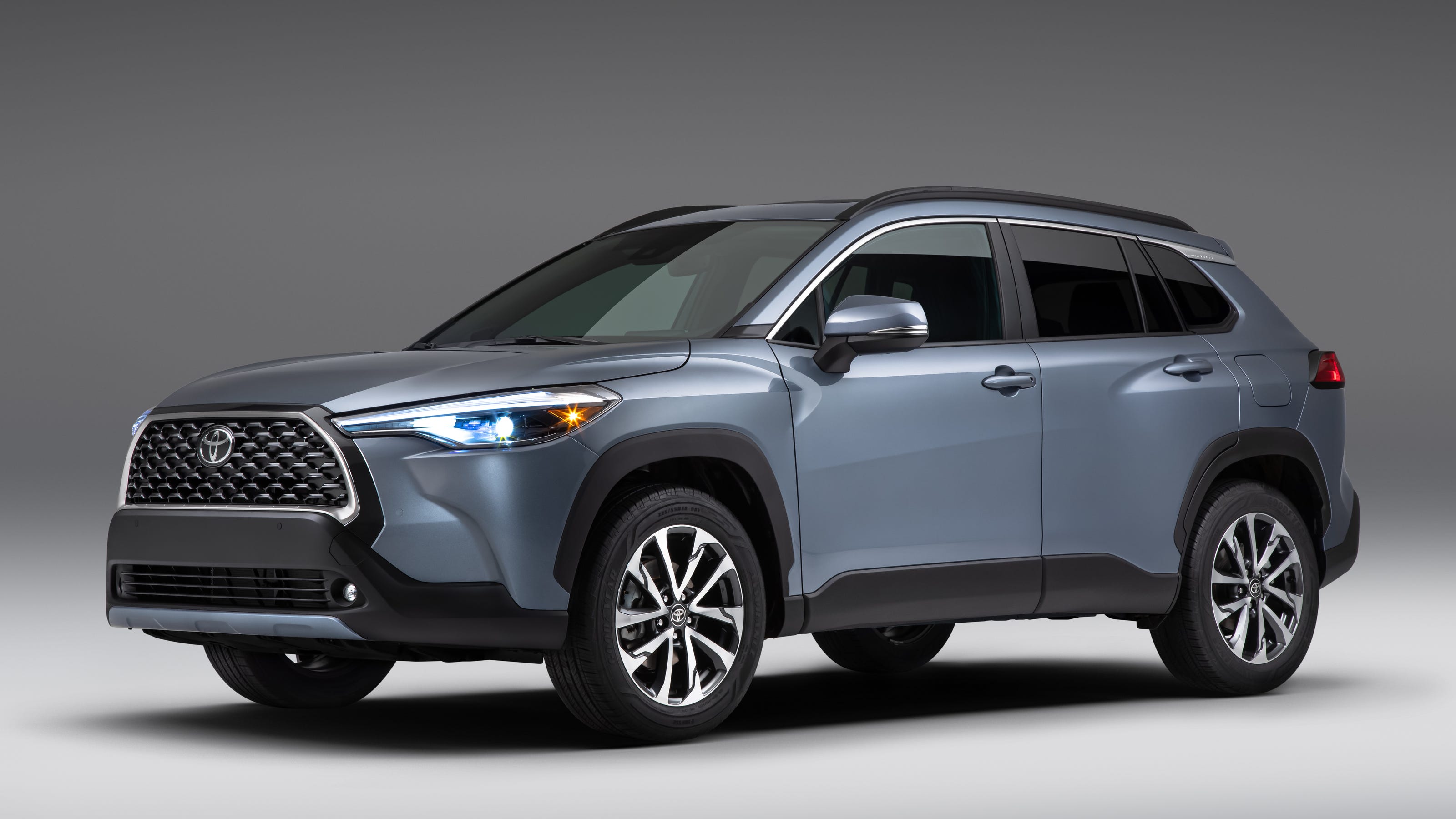The Great SUV Debate: Is It Worth Investing In One?
SUVs, or Sports Utility Vehicles, have taken the world by storm, and it's not hard to see why. These vehicles are versatile, practical, and stylish, making them an attractive choice for families, adventurers, and anyone who needs a reliable car for everyday use. But with so many different options available, is it worth investing in an SUV? In this article, we'll explore the benefits and drawbacks of SUVs to help you make an informed decision.
First, let's take a closer look at what SUVs are and what sets them apart from other types of vehicles. SUVs are designed to be larger and more robust than traditional cars, making them well-suited for off-road driving, towing, and carrying large items. They typically have higher ground clearance, larger tires, and a more substantial frame, which gives them a rugged, tough look.
One of the biggest advantages of SUVs is their size. They offer more space for passengers and cargo than most other types of vehicles, which makes them ideal for families, road trips, and outdoor adventures. SUVs also have a higher driving position, which provides a better view of the road and can make drivers feel more secure.
Another advantage of SUVs is their versatility. They can handle a wide range of driving conditions, from city streets to backcountry trails, and can tow heavy loads with ease. Many SUVs also come with all-wheel drive or four-wheel drive, which provides better traction and control in slippery or uneven terrain.
However, there are some downsides to SUVs that are worth considering before you make a purchase. One of the most significant drawbacks is their fuel economy. SUVs tend to be less fuel-efficient than smaller cars, which can add up to significant costs over time. Additionally, their size and weight can make them more challenging to maneuver and park, particularly in tight spaces.
Another factor to consider is the cost of owning an SUV. They tend to be more expensive than traditional cars, both in terms of their upfront cost and their ongoing maintenance and repair expenses. Additionally, SUVs can have higher insurance rates than other types of vehicles due to their size and power.
Despite these potential drawbacks, SUVs remain a popular choice for many drivers. If you're considering investing in one, there are several things to keep in mind to ensure you make the best choice for your needs.
First, consider how you'll be using your SUV. If you plan to use it primarily for commuting or driving around town, you may not need the same level of off-road capability as someone who plans to take their SUV on frequent outdoor adventures. Think about what features are most important to you, such as cargo space, towing capacity, or fuel efficiency, and prioritize them accordingly.
Another factor to consider is the size of the SUV you choose. While larger SUVs offer more space and often have more powerful engines, they can be more difficult to handle and park. If you're not used to driving a larger vehicle, you may want to consider a mid-size or compact SUV instead.
Finally, take the time to research different SUV models and compare their features, prices, and reliability ratings. Look for models with good fuel economy, low maintenance costs, and high safety ratings. Consider taking a few test drives to get a feel for how different models handle on the road.
In conclusion, SUVs offer a range of benefits for drivers who need a reliable, versatile, and spacious vehicle. However, they also come with some potential downsides, such as higher fuel costs and insurance rates. To make the best choice for your needs, take the time to research different models, consider your driving habits and priorities, and test drive a few options before making a purchase. With the right SUV, you can enjoy a comfortable and safe ride, whether you're driving in the city or exploring the great outdoors. So, is it worth investing in an SUV? Ultimately, the answer depends on your individual needs and preferences. But by weighing the pros and cons and doing your research, you can make an informed decision that you'll feel confident about for years to come.
Labels: automobile, Interesting, Technology


0 Comments:
Post a Comment
Subscribe to Post Comments [Atom]
<< Home